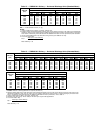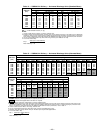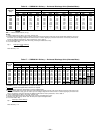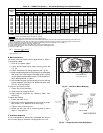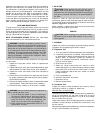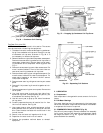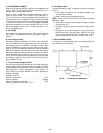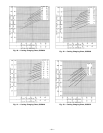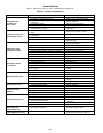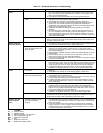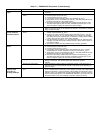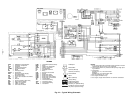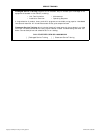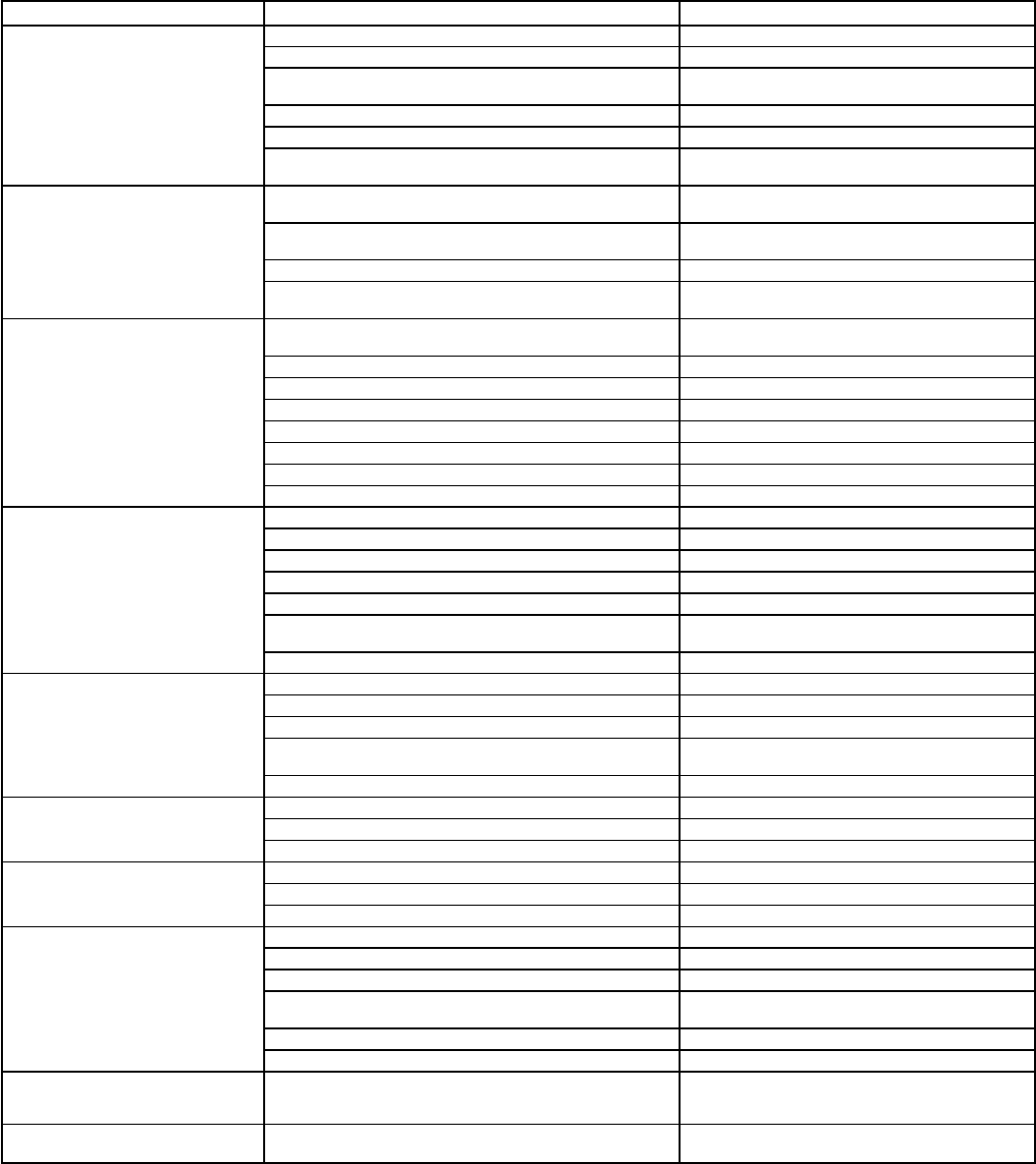
TROUBLESHOOTING
Refer to Tables 19-21 and Fig. 44 for Troubleshooting information.
Table 19 — Cooling Troubleshooting
PROBLEM CAUSE REMEDY
Compressor and
condenser fan
will not start.
Power failure. Call power company.
Fuse blown or circuit breaker tripped. Replace fuse or reset circuit breaker.
Defective thermostat, contactor, transformer, or
control relay.
Replace component.
Insufficient line voltage. Determine cause and correct.
Incorrect or faulty wiring. Check wiring diagram and rewire correctly.
Thermostat setting too high.
Lower thermostat setting below room
temperature.
Compressor will not start
but condenser fan runs.
Faulty wiring or loose connections in compressor
circuit.
Check wiring and repair or replace.
Compressor motor burned out, seized, or internal
overload open.
Determine cause. Replace compressor.
Defective run/start capacitor, overload, start relay. Determine cause and replace.
One leg of of 3-phase power dead.
Replace fuse or reset circuit breaker.
Determine cause.
Compressor cycles
(other than normally
satisfying thermostat).
Refrigerant overcharge or undercharge.
Recover refrigerant, evacuate system, and
recharge to nameplate.
Defective compressor. Replace and determine cause.
Insufficient line voltage. Determine cause and correct.
Blocked condenser. Determine cause and correct.
Defective run/start capacitor, overload, or start relay. Determine cause and replace.
Defective thermostat. Replace thermostat.
Faulty condenser-fan motor or capacitor. Replace.
Restriction in refrigerant system. Locate restriction and remove.
Compressor operates
continuously.
Dirty air filter. Replace filter.
Unit undersized for load. Decrease load or increase unit size.
Thermostat set too low. Reset thermostat.
Low refrigerant charge. Locate leak; repair and recharge.
Leaking valves in compressor. Replace compressor.
Air in system.
Recover refrigerant, evacuate system, and
recharge.
Condenser coil dirty or restricted. Clean coil or remove restriction.
Excessive head pressure.
Dirty air filter. Replace filter.
Dirty condenser coil. Clean coil.
Refrigerant overcharged. Recover excess refrigerant.
Air in system.
Recover refrigerant, evacuate system, and
recharge.
Condenser air restricted or air short-cycling. Determine cause and correct.
Head pressure too low.
Low refrigerant charge. Check for leaks; repair and recharge.
Compressor valves leaking. Replace compressor.
Restriction in liquid tube. Remove restriction.
Excessive suction
pressure.
High heat load. Check for source and eliminate.
Compressor valves leaking. Replace compressor.
Refrigerant overcharged. Recover excess refrigerant.
Suction pressure too low.
Dirty air filter. Replace filter.
Low refrigerant charge. Check for leaks; repair and recharge.
Metering device or low side restricted. Remove source of restriction.
Insufficient evaporator airflow.
Increase air quantity. Check filter and replace
if necessary.
Temperature too low in conditioned area. Reset thermostat.
Outdoor ambient below 25 F. Install low-ambient kit.
Evaporator fan
will not shut off.
(Sizes 036-060 only.)
Time off delay not finished. Wait for 30-second off delay.
Compressor makes excessive
noise (558D072 scroll only).
Compressor rotating in wring direction.
Reverse the 3-phase power leads as
described in Start-Up section, page 17.
—32—



